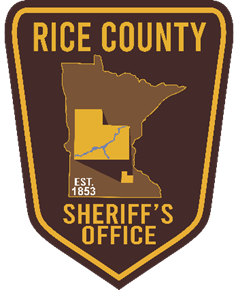Some individuals, families, businesses and communities that are especially hard hit by a disaster may need a long time and specialized assistance to recover.
Communities
Although federal, state and other resources may be available it is the recovering communities themselves, through their own recovery groups, committees or task forces that must lead and manage the effort to ensure that issues are addressed, needs are met and priorities agreed upon.
Long-Term Recovery Committees – A Best Practice
On June 17, 2010 severe storms and tornadoes impacted much of Minnesota. Otter Tail and Wadena counties did not escape this disaster. Read about their long-term recovery experiences and challenges.
Long Term Recovery – A Best Practices: As told by the Wadena – Otter Tail Recovery Committee
Minnesota VOAD
Minnesota Voluntary Organizations Active in Disaster (MN VOAD) has worked with HSEM to create guidance that can be used in the development of Long-Term Recovery Committees. Creating this committee prior to a disaster has proven to be a best practice but it can be created following the event if necessary as well. This document details the process of creating and maintaining a Long-Term Recovery Committee.
Recovery Framework
The National Disaster Recovery Framework is a FEMA-produced guide that outlines recovery support to disaster-impacted states, tribes, and local jurisdictions. It provides a flexible structure that enables disaster recovery managers to operate in a unified and collaborative manner. It also focuses on how best to restore, redevelop and revitalize the health, social, economic, natural and environmental fabric of the community and build a more resilient nation.
